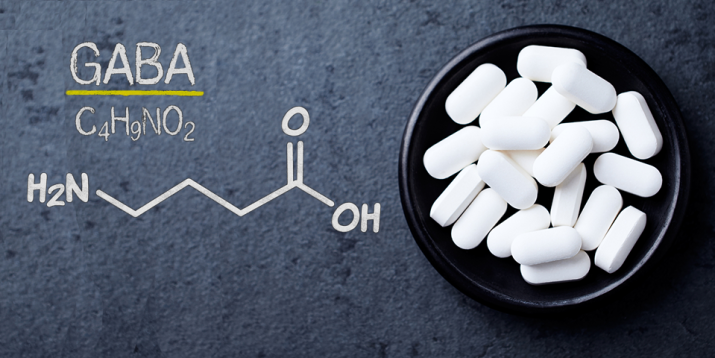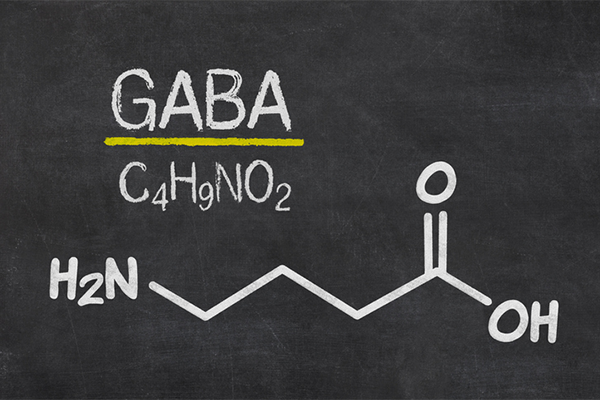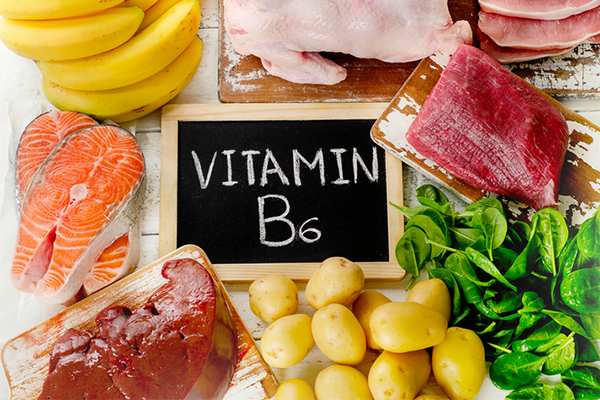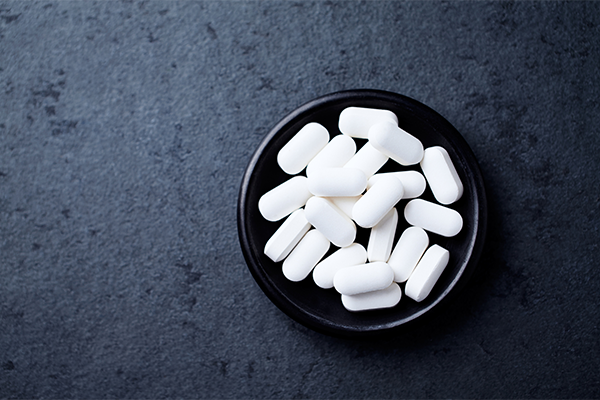Everything You Need to Know About GABA

If you’ve been searching for ways to relieve stress, you may have heard about GABA. But what is it, exactly? And can a GABA supplement really be the key to helping support relaxation?
If you can’t remember the last time you weren’t feeling a little stressed out, you may be tempted to add this amino acid to your wellness routine ASAP. But as with any supplement, it’s important to fully understand what it is and whether it’ll truly provide the benefits you’re looking for.
What Is GABA?

Gamma aminobutyric acid (GABA) is an amino acid that acts as the primary inhibitory neurotransmitter in the brain.
Quick biology recap: Neurotransmitters are chemical messengers in your body’s nervous system. GABA is considered to be an “inhibitory neurotransmitter” because it inhibits nerve transmission, which reduces activity in the nervous system.
“This creates a feeling of calm in the body,” says Jeanette Kimszal, RDN, a registered dietitian nutritionist and co-creator of Thyroid Nutrition Educators. So GABA is thought to help reduce feelings of stress.
GABA is a naturally occurring amino acid, but some people have lower levels than others. Lower levels of GABA have been linked to markers of stress.*
What Foods Contain GABA?
GABA is found naturally in some foods. Dietary sources of GABA include:
- Raw spinach
- Peas
- Tomatoes
- Potatoes
- Mushrooms
- Kale
- Broccoli
- Oat, wheat, and barley
- Buckwheat
- Rice
- Soybeans
- White tea
“You can also get GABA from foods that contain lactic acid bacteria (LAB), like sauerkraut, kimchi, miso, and tempeh,” Kimszal says.
Vitamin B6 and GABA

In addition, foods with B6 may help support the synthesis of GABA, according to Bansari Acharya, MS, RDN, a registered dietitian nutritionist and blogger at FoodLove.
GABA is synthesized from glutamate with the help of an enzyme called glutamic acid decarboxylase (GAD), and vitamin B6 plays an important role in this process.
According to the National Institutes of Health, food sources of vitamin B6 include:
- Chickpeas
- Yellowfin tuna
- Salmon
- Chicken breast
- Potatoes
- Bananas
- Marinara sauce
Are GABA Supplements Effective?
Although some people swear by GABA to help them feel more relaxed and less stressed, the science behind both dietary GABA and GABA supplements is still inconclusive.
However, research suggests there may be a few potential benefits. One study linked GABA with improved sleep quality and shorter sleep latency (the time it takes to fall asleep).*
And in another small study, participants who consumed a beverage with 50mg of GABA reported less fatigue and scored higher on a problem-solving task.
But larger-scale studies are needed to fully evaluate and understand potential benefits of GABA supplements. “It’s not clear whether there are actual benefits from supplementing GABA or consuming foods with this amino acid,” Kimszal says.*
Are There Any Downsides to GABA Supplements?

Just like potential benefits, the possible side effects that come with taking GABA supplements aren’t completely known yet.
“There isn’t a lot of research on long-term side effects,” Kimszal says. “There could also be potential drug interactions with those on medications.”
Until more is known about potential side effects, proceed with caution. As always, talk to your doctor before taking any new supplement.
*These statements have not been evaluated by the Food and Drug Administration. This product in not intended to diagnose, treat, cure, or prevent any disease.
